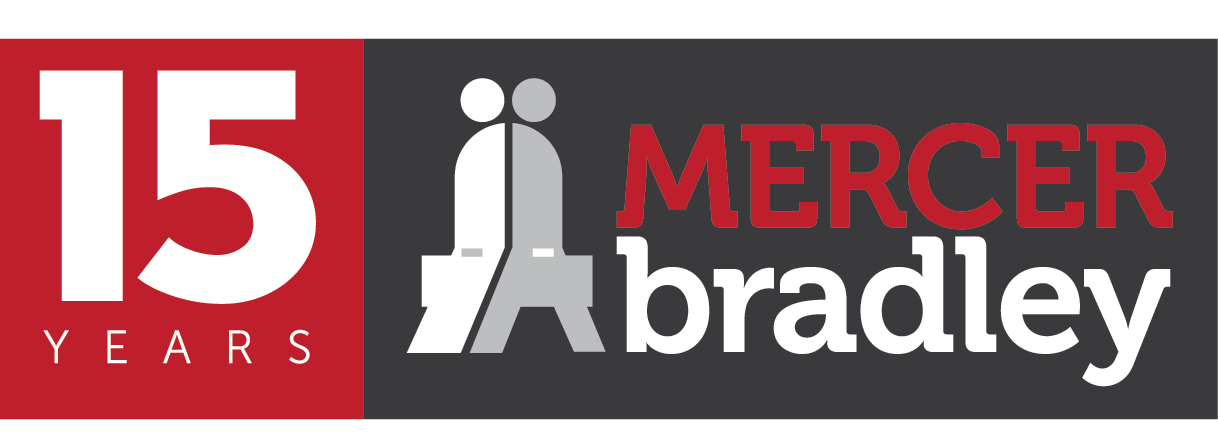The past year has been busy for the accounting profession. Some of the most important topics included the increased focus on sustainability, evolving anti-money laundering rules, and the changing role of Chartered Professional Accountants (CPAs).
As an accounting professional, you need to stay current on these developments. The following information provides greater insight into these topics.
Discover some of the latest developments affecting the accounting profession in Canada.
Sustainability
The 26th U.N. Climate Change Conference (COP26) held in November 2021 advanced the discussion on climate change. One key takeaway was the pressing need to increase climate finance from all sources and deepen work across the financial system. This includes the introduction of new policies, regulations, financial instruments, and incentives. Globally aligned environmental, social, and governance (ESG) reporting standards are required as well.
- The International Financial Reporting Standards (IFRS) Foundation announced the implementation of its International Sustainability Standards Board (ISSB). The board will develop a comprehensive worldwide baseline of high-quality sustainability disclosure standards to educate investors.
- Montreal and Frankfurt are the key centers for the ISSB.
- Canada also is independently reviewing the governance and structure to establish Canadian accounting, auditing, and assurance standards that will evolve along with the profession.
- Canadian securities regulators are consulting on proposed climate-related disclosure requirements.
New Anti-Money Laundering Rules and Obligations
New requirements under Canada’s Proceeds of Crime (Money Laundering) and Terrorist Financing Act (PCMLTFA) came into effect in June 2021. These requirements strengthen the AML system in the areas of compliance, knowing your client (KYC), record-keeping, and reporting to the Financial Transactions and Reports Analysis Centre of Canada (FINTRAC). This aligns the system more with international practice.
- The updates apply to CPAs and accounting firms engaged in activities covered by the PCMLTFA and its regulations.
- This includes carrying out triggering activities, such as receiving money on a person’s or entity’s behalf.
- The affected CPAs need to have an appropriate compliance program in place.
Adapting for the Future
The Competency Map Task Force (CMTF) developed a competency map reflecting current labour market requirements. The map takes into account the effect of automation and developing areas of opportunity such as sustainability, real-time decision-making, and data governance.
- CPAs need to be innovative, agile, creative, and resilient to continuously learn, lead, and grow.
- Curiosity, adaptability, collaboration, and inclusion are needed for CPAs to advance.
- Environmental, social, and governance (ESG) factors must be taken into account for decision-making.
- Communication and technical skills continue to grow in importance.
- Certification in data management, data analytics, blockchain, and robotic process automation is increasingly valuable.
Is It Time to Change Jobs?
If all this change has you wanting to change your accounting and finance job in Manitoba, make Mercer Bradley part of your search. Visit our job board today!



Leave a Reply